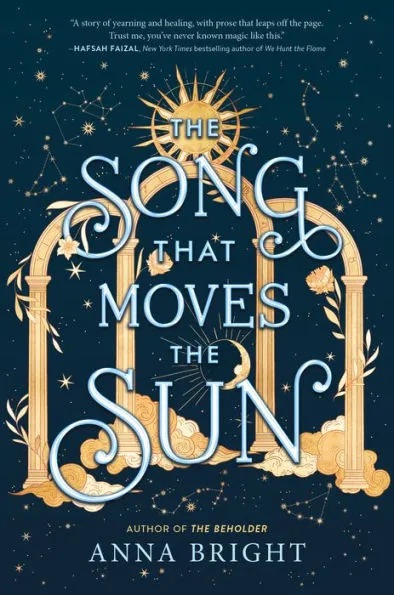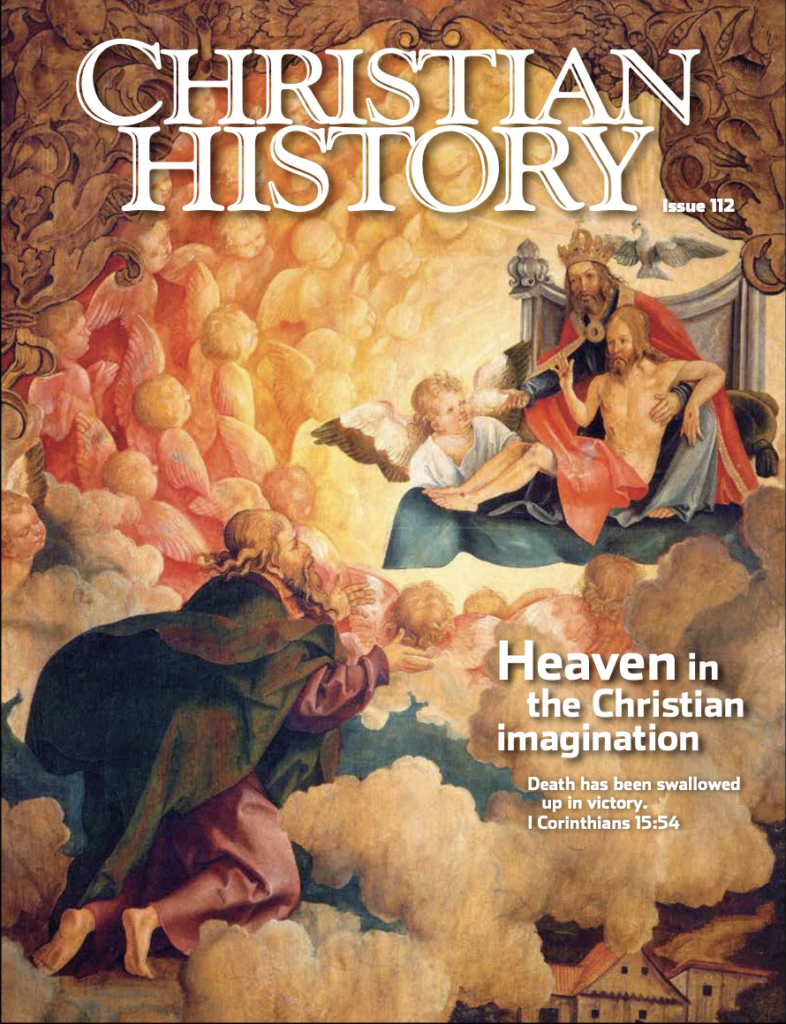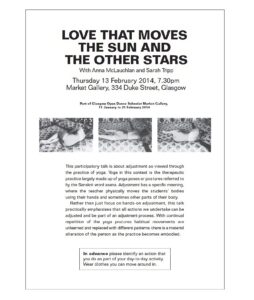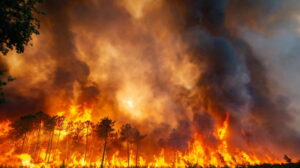“This sweeping YA fantasy romance full of star-crossed love, complex female friendship, and astrological magic is perfect for fans of Laini Taylor, Alexandra Bracken, and V.E. Schwab. From the acclaimed author of The Beholder.
“Best friends Rora and Claudia have never felt more like their lives are spiraling out of control. And when they meet Major and Amir—two boys from one of the secret cities of the spheres, ruled by the magic of the astrological signs—they discover they’re not alone. There is a disruption in the harmony between the spheres, and its chaos is spreading.
“To find the source of the disharmony, Rora and Claudia will embark on a whirlwind journey of secrets, romance, and powerful truths—about themselves, each other, and two long-ago explorers named Dante and Beatrice, who were among the first to chart this course toward the stars.
“Inspired partly by the classic works of Dante Alighieri, this gorgeous stand-alone contemporary fantasy will captivate readers of Lore and Star Daughter.” —Anna Bright, The Song That Moves the Sun, Barnes & Noble, June 8, 2022 (retrieved March 28, 2024)
Purchase here for $17.99





